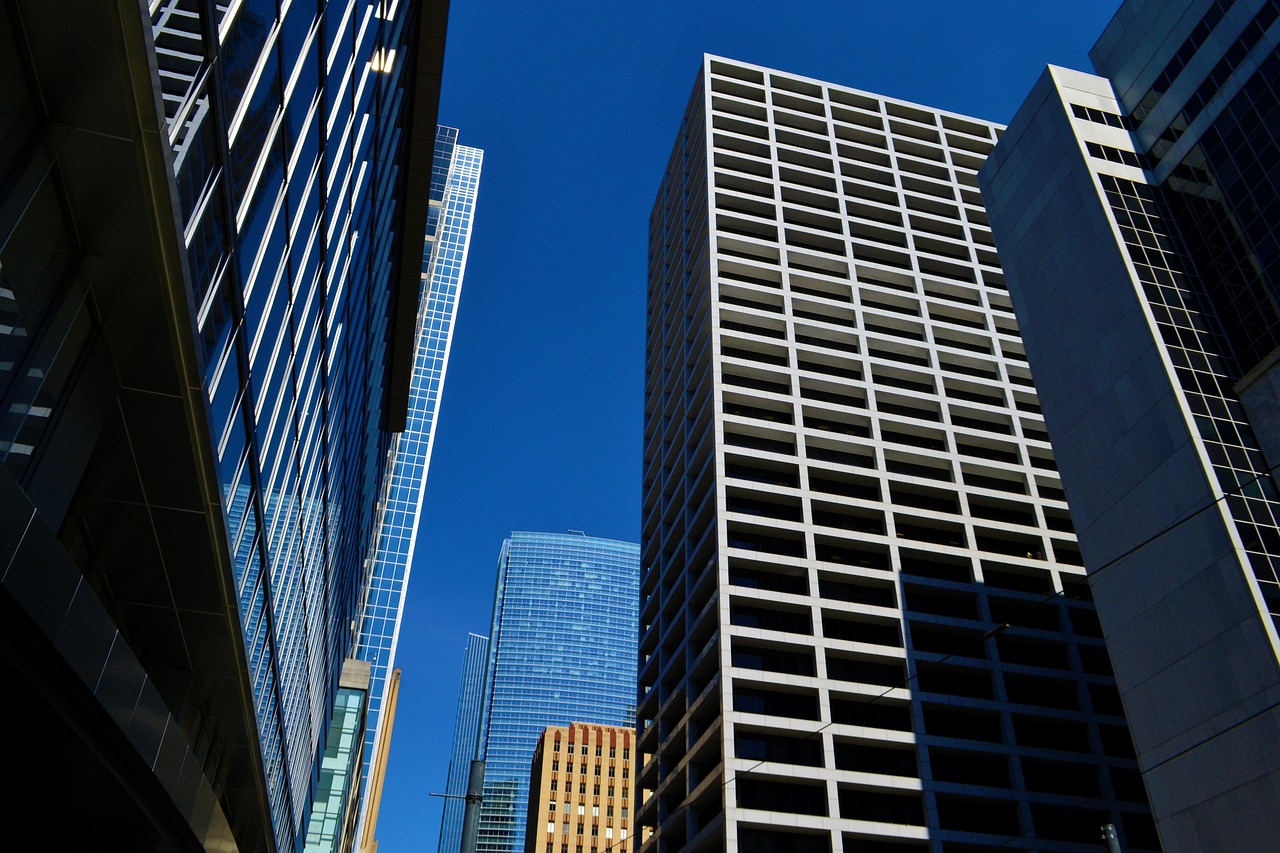There is a lot of theoretical discussion about which is more beneficial for the government, to build or rent offices, or even buy ready office buildings on the open market.
Some uniformed reports criticise rental payments, saying that the government is spending €26 million a year on rents. In order to examine whether this amount is a waste of money or not, or whether it should be invested in owning buildings, one must examine certain parameters.
Building offices
Office buildings are usually built on state-owned land and there is the impression that since it is state land it costs nothing. In order to estimate correctly, the land value should be included in the cost, in terms of its current value.
Once the government decides to build its own buildings, it calls for tenders for the architectural design. The process of choosing which design is the best is a lengthy one and it usually ends up in court, due to disputing architects. Experience has shown it would not be an exaggeration to say that a minimum of a year and a half is needed for the final decision to be made on the design.
Such architectural competitions require architects to estimate the cost of the building, which must not be exceeded. Alas, 100 per cent of the applicants underquote. Not a single project is within the budget when its finished and the companies are not held responsible.
Renting existing buildings
This is more straightforward, if a suitable building can be found. The building is there, the rent is there, and the services are there. Easy. However, it is difficult to find suitable buildings in terms of location and size.
Renting a building is usually for a fixed period of five years with the tenants having two opportunities to extend for another five.
The landlord usually has the responsibility of paying taxes, for the maintenance and repairs and keep equipment, like lifts and air conditioning systems, up to date
As technology evolves, electrical and mechanical installations need to be upgraded, so if the government leases a building and these are out of date by the end of the lease, it can move out, as opposed to if it owned the building.
Renting a building also means that as the tenant paying the income tax and others, in the end the government gets part of the rent back.
As things stand, since the government borrows on a long term basis with interest of around 3 per cent a year, it is logical to compare this with rents.
Buying office space
Buying ready offices is another option if they can be found. A case in hand regards the offices of the ex-cooperative bank, which had office buildings in all towns and some of them could be suitable for the purpose.
Since the government is now the owner of these buildings, instead of buying or renting, it should consider using them.
Another option is for the government to lease the office buildings long term or potentially sell to investors.
The state could also sell some of the land it owns, provided the cash goes towards offices or other development, such as the new Nicosia museum. This might sound objectionable to many, but it is part of troika requirements to sell state land in order to reduce the government debt.
The BOT (build–operate–transfer) alternative is an option, where the government owns the land and grants a concession to a company to build on it with a long-term repayment.
Whatever alternative the government chooses, there are always notable irregularities which must be taken into account, such as corruption in the competitions, cost overruns and delivery delays, the various reports in the press of specifications and locations chosen in order to favour certain developers and property owners and other irregularities in processes.
Antonis Loizou & Associates EPE – Real Estate Appraisers & Development Project Managers, www.aloizou.com.cy, [email protected]







Click here to change your cookie preferences